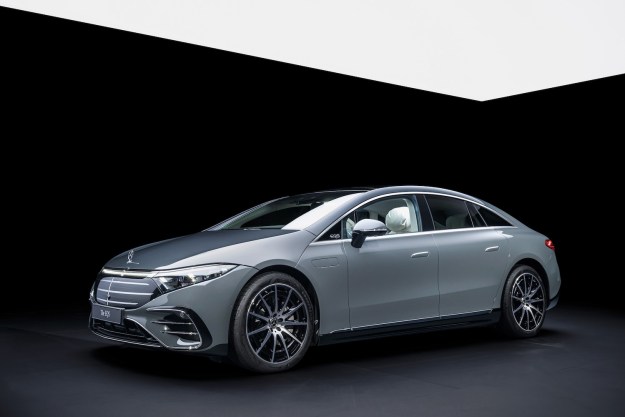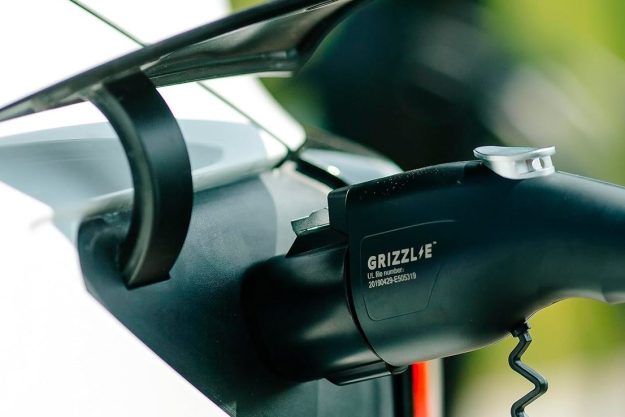The Lotus Esprit was a fixture of the supercar community from 1976 to 2004, which is an incredible run. Since the replacement Esprit concept first debuted in 2010, the iconic car has been in development hell, with the car eventually being cancelled … or maybe not.
In a recent interview Lotus’ brand manager for Australia and New Zealand, Alastair Manihera, said that the return of the Esprit is still on the table. According to Australian enthusiast site Motoring, Manihera stated that, “Contrary to popular belief the factory is keeping its options open … It’s extremely exciting – we’d love to see it.”
This comes as a sharp change of pace from earlier reports. The Esprit concept’s debut generated a lot of excitement, but Lotus’s poor financial straits led the company to be taken over by Malaysian DRB-Hicom before the car could go into production. Since then the company has been on a tight leash, and focusing on returning to profitability.
Apparently that focus has paid off because Lotus is seeing injections of capital both from its Malaysian parent company and from the British government in the form of development grants. This may mean that they have the time and resources to go back to the stalled Esprit and put it into production. If that’s the case, it would be very exciting.
The new Esprit would be targeted at the likes of the Ferrari 458 or the new Lamborghini Huracán. Unlike other Lotus vehicles, powered by tuned Toyota engines, the new Esprit would get a bespoke V8, which was being developed along with the car. Purportedly capable of putting out 600 horsepower and revving to 9000 rpm, the V8 sounds like something that belonged in an F1 car.
Even better, it will supposedly going to be designed on modular architecture, so that six- and four-cylinder versions could also be produced, potentially powering the whole run of Lotus production cars.
Besides, just look at it. The new Esprit captures a lot of the best features of its predecessors, but with a modern context. And unlike a lot of newcomer supercars, there is no unnecessary flash or gaudy trim; it just looks fast and exciting.
So while the report from one brand manager doesn’t necessarily prove that the Esprit is back for real, it is at least encouraging to hear that it is not dead and buried.
So here’s hoping that Lotus’ parent company ponies up the dough.


